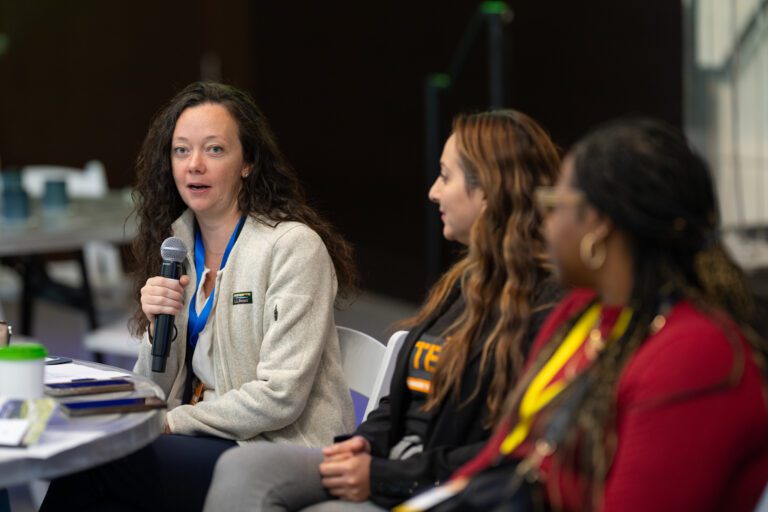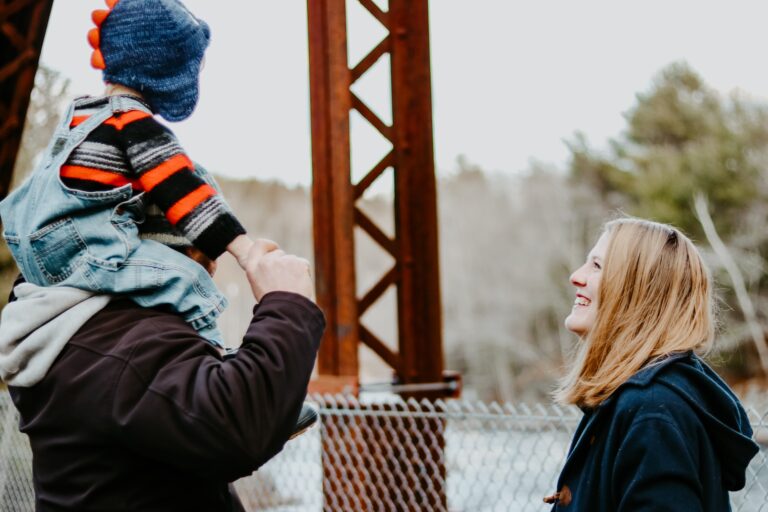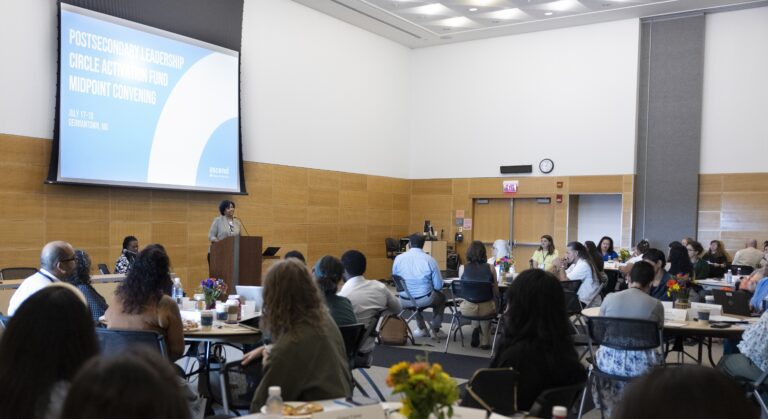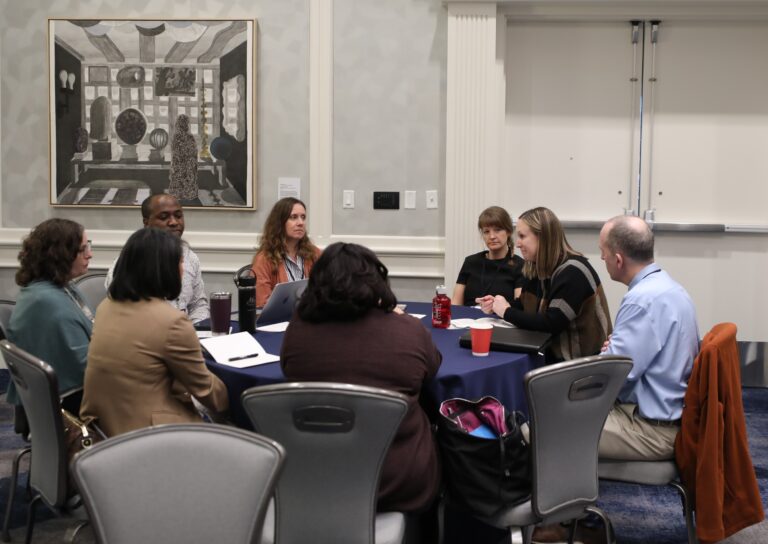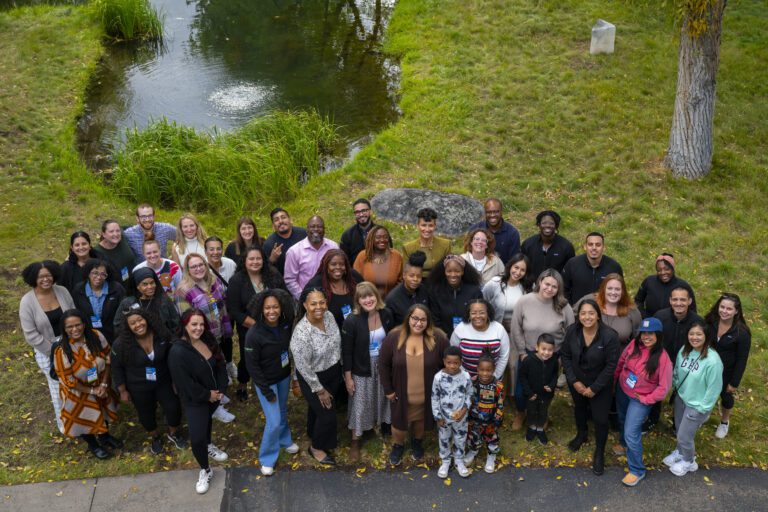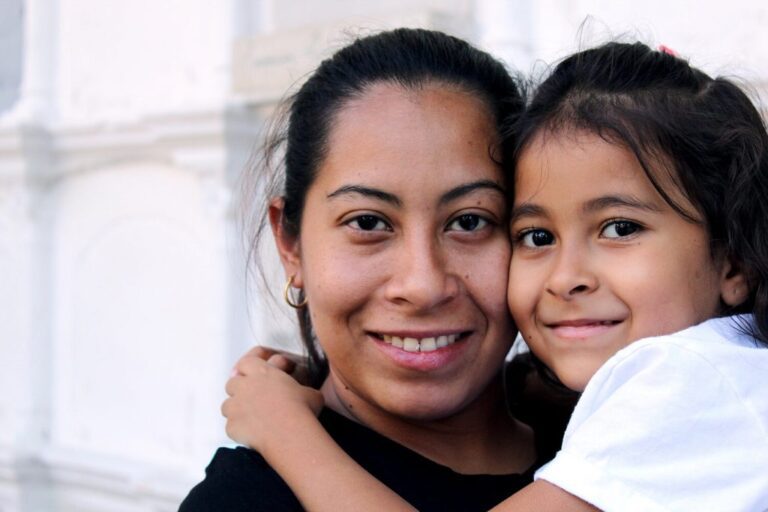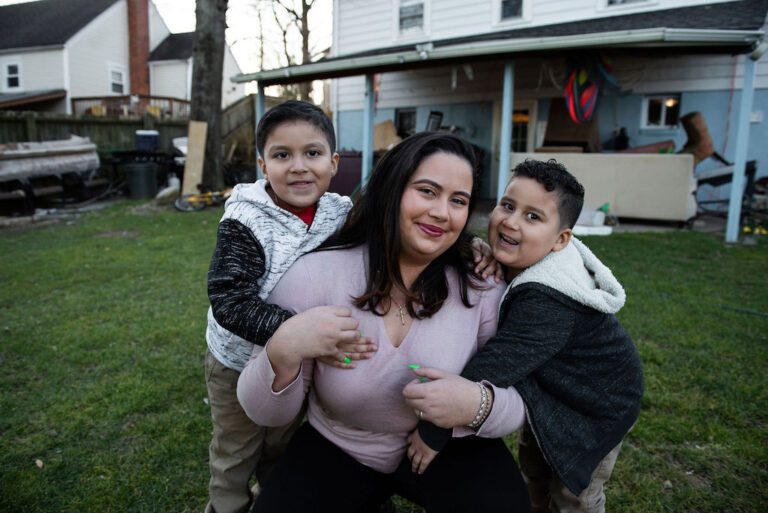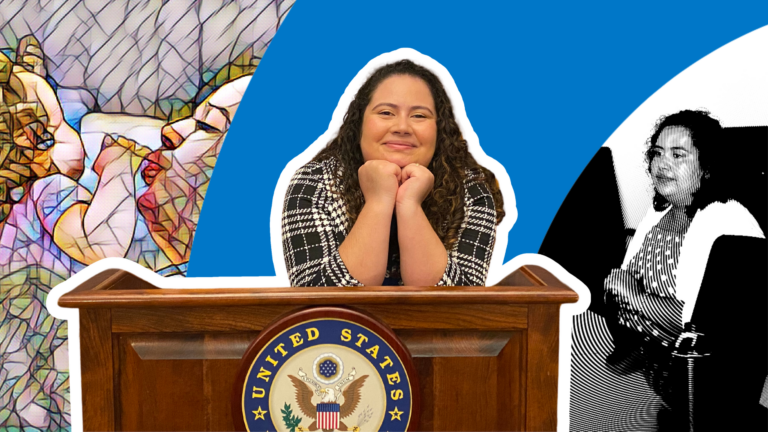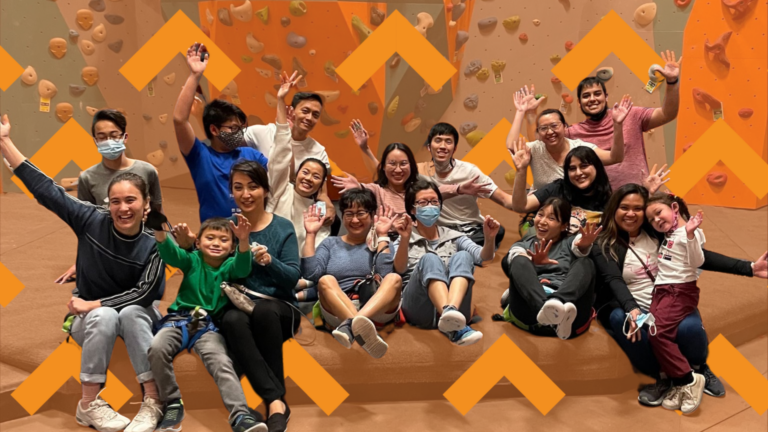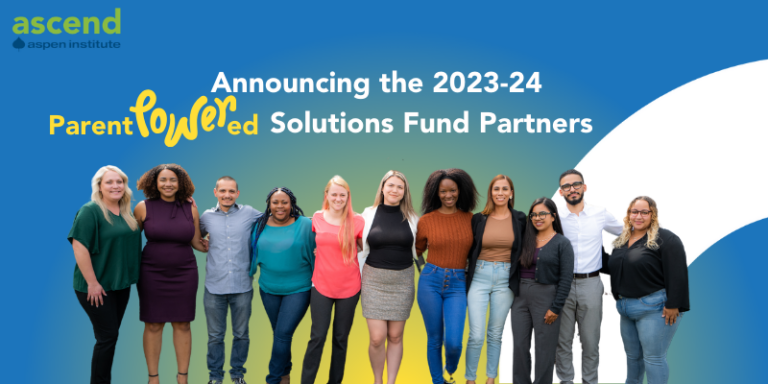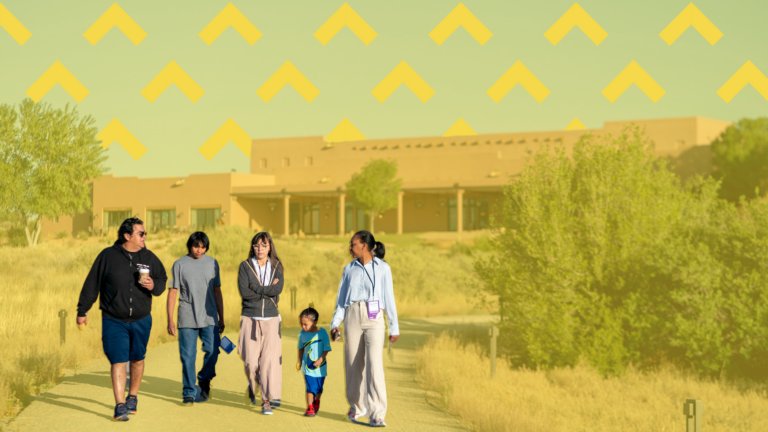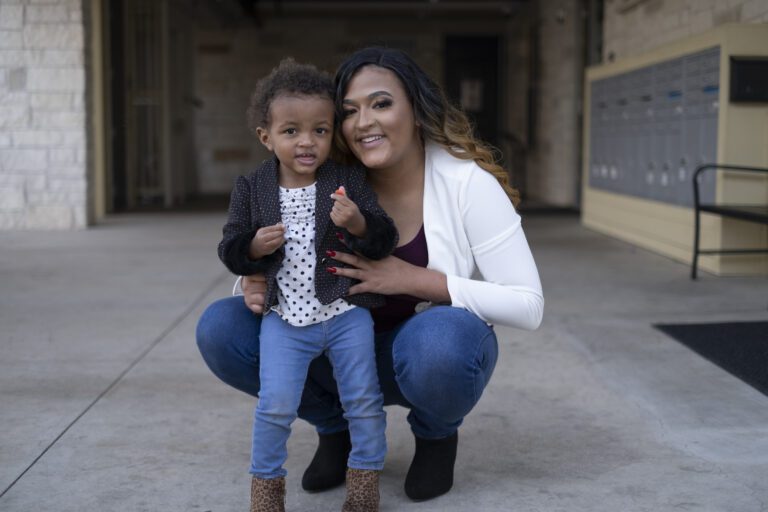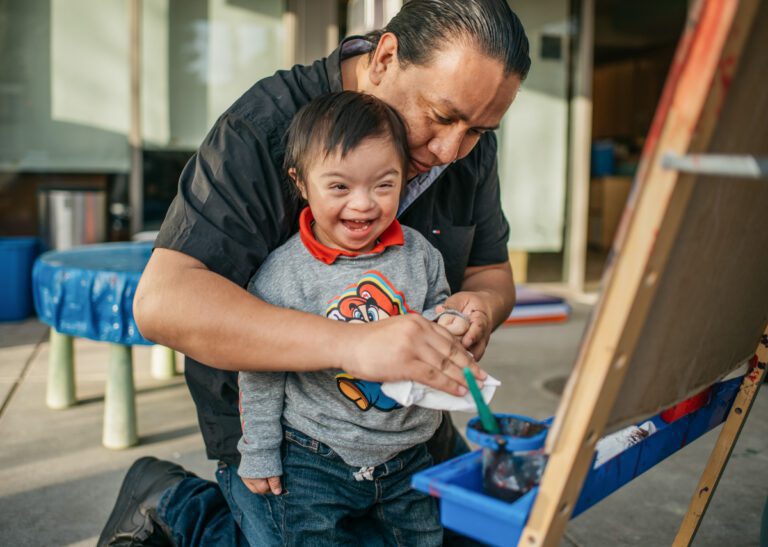Ohio State University’s ACCESS Collaborative Creates a 2Gen Solution to Help Student Parents Cope with COVID-19 Challenges
There are no days off for student parents. Not even a worldwide pandemic can stop them from ensuring their child’s health, safety, and education – as well as their own. However, big adjustments like stay-in-places orders, transitioning from in-person to online classes, and the closure of childcare facilities, call for even bigger solutions.
The Ohio State University’s (OSU) ACCESS Collaborative’s Summer Educational Enrichment (SEE) program was developed as a rapid response to the COVID-19 pandemic and offers comprehensive support for student parents and their children. Since July 6, Program Director Traci Lewis and her team of therapists and early childhood teachers have shared educational, therapeutic, and creative lessons for 14 families and their children four days a week.
The ACCESS Collaborative is an academic and social support program that assists single student parents with low incomes who are pursuing a college education at OSU. SEE is an innovative, two-generation (2Gen) approach that provides social and emotional learning opportunities in addition to cultural experiences during two hours of supervised child care so parents have time to complete their school work. The 8-week classes are funded by the Child Care Access Means Parents in School (CCAMPIS) program, which supports the participation of student parents with low incomes through the provision of campus-based child care services.
“After we made the outline of what the program looked like, we sent it to the U.S. Department of [Education] CCAMPIS contact with an explanation of what we wanted to do and why,” Lewis said. “Since we knew CCAMPIS funds were to be used to pay for care at a nationally accredited childcare facility, when we were creating the proposal, we proposed hiring teachers that either worked at one of our partner centers or a state of Ohio licensed teacher to work with the kids.”
Following the transition of OSU’s annual National Student Parent Support Symposium to a virtual convening in May, the ACCESS Collaborative repurposed some funds from that budget to launch the SEE program.
Lewis says the SEE program grew out of a need to “help bridge the gap of learning.” The abruptness of quarantine impacted the children as much as the parents, which led to behavioral issues and increased anxiety and depression. Now, with two hours of virtual instruction including math, reading, Spanish, and art, the children are engrossed in their classes, while their parents catch up on their own schoolwork.
“We have a language arts teacher who is also fluent in Spanish so we’re exposing them to other cultures and languages,” Lewis says. “The books that they are reading are all about Black and Brown children, experiences, people. They’re doing a series on Coco – so they’re learning about the Spanish culture.”
The SEE team also gives the parents weekly gift card incentives for making sure their children are online. Meanwhile, the children get rewarded with gift cards to local or chain restaurants for meeting behavioral and program participation expectations. SEE will end with a “program completion celebration” featuring cupcakes that will be delivered, a scavenger hunt, and a dance party. The children will wear graduation caps they decorated, and their parents will present them with a graduation gift box at the end of the celebration. Lewis says a rewarding byproduct of the SEE program is seeing how the parents engage with their children.
“For parents, we’re helping them with parenting skills and allowing them to socialize with other adults,” Lewis says. “Sometimes they just need another adult to talk to because the person that they’re with every day can barely put two sentences together and they’re maybe two feet tall.”
SEE prioritizes mental health with assistance from Ohio GuideStone. The organization provides case management services and counseling to combat the isolation and helplessness that some of the parents and children are experiencing. Moreover, Lewis ensured the case managers and therapists are women of color to better relate to the parents, who are mostly single mothers of color.
“That then gives them the ability to be more comfortable because this is somebody [who] looks like [them] so [they] can trust them a little more than someone [who] does not.”
Once a week, during Zoom breakout groups, counselors give the children a chance to share their feelings and frustrations.
“[We] do social-emotional learning activities with them because we realized they lost all their friends,” Lewis says. “They went to school one day and then they didn’t go back. They don’t understand why they can’t go outside and play with their friends. We want to give them space to be able to talk.”
To gauge the success of the SEE program, the team is collecting data on the children’s academic and behavioral progress. Lewis says some parents struggled explaining the pandemic and quarantine to their children. By gathering this data, the team will be able to see not only how the children’s behaviors are changing, but also how the parents’ parenting skills are evolving.
“We’re trying to allow parents to get a feel for their ‘reality,’” Lewis says. “How do I incorporate being a student and a teacher to my child? How do I manage their homework and my homework? How do I manage their Zoom classes and my Zoom classes?”
Knowing that their success determines their child’s success continues to serve as a motivating factor for the student parent participants. The restrictions of the pandemic have only added more fuel to the fire for parents and the ACCESS Collaborative staff.
“We are working even closer with them together than what we normally do during the pandemic [even] if we can’t come together,” Lewis says. “[SEE] allows us to still be able to support them, support the kids, and focus on mental health.”
Learn more about the services that the ACCESS Collaborative offers to student parents at OSU here.
Ascend Recommendation – Other CCAMPIS grantees should consider taking a 2Gen approach to their mental health supports to improve outcomes for student parents.
Related Posts
